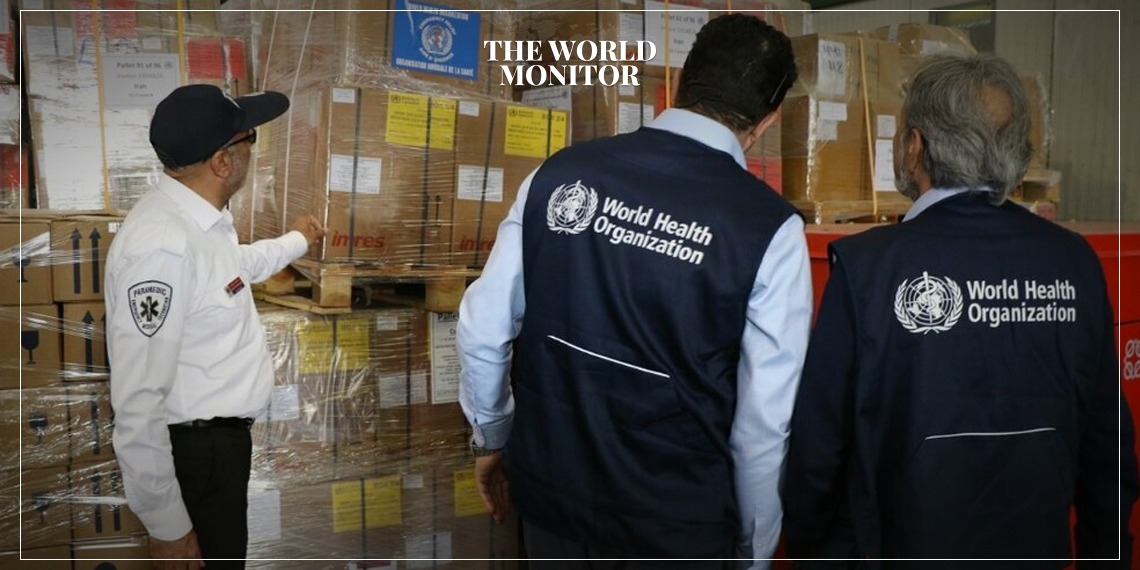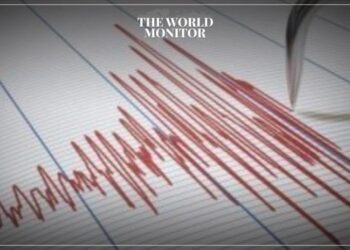The World Health Organization (WHO) is stressing the importance of global collaboration in areas of epidemic prevention, readiness, and response.
Dr. Tedros Adhanom Ghebreyesus, the WHO’s Director-General, is urging world leaders to place health accessibility for all at the forefront of the political agenda. He emphasizes the need to implement lessons learned from the COVID-19 pandemic and accelerate efforts to achieve health-related Sustainable Development Goals.
Regarding the recent floods in Libya, Dr. Adhanom stated that the WHO is closely working with Libyan authorities. The organization has allocated 2 million US dollars from its emergency fund to aid the response, deploying medical teams in affected areas. Furthermore, he announced the arrival of a medical supply shipment to Libya, weighing 28 metric tons, containing essential first aid, surgical equipment, medications, and emergency medical provisions.
Dr. Tedros Adhanom Ghebreyesus, the WHO’s Director-General, is urging world leaders to place health accessibility for all at the forefront of the political agenda. He emphasizes the need to implement lessons learned from the COVID-19 pandemic and accelerate efforts to achieve health-related Sustainable Development Goals.
This call to action was made at a press conference in Geneva, preceding the Sustainable Development Goals summit at the 78th session of the United Nations General Assembly. The upcoming week features three high-level meetings pertaining to health. One of them focuses on epidemic preparedness and response, which is expected to yield a political declaration to bolster global health security governance and funding—a document supporting ongoing negotiations to formulate a global instrument on the matter.
Another meeting will discuss the global commitment to universal health coverage, as part of the Sustainable Development Goals, while the third will zero in on the fight against tuberculosis (TB).
Dr. Adhanom highlighted that the current pandemic, combined with conflicts, has hindered progress in combating TB. He proposed a set of objectives for the next five years.
These include ensuring 90% of people have access to TB prevention, diagnosis, and treatment tools; endorsing new medical tools recommended by the WHO; implementing social packages for TB patients; authorizing the use of the new TB vaccine; increasing investment in scientific research and innovations; and addressing root causes of TB like malnutrition, diabetes, AIDS, tobacco, and alcohol consumption.
The WHO’s head welcomed the G20 summit declaration that incorporated various health issues, reaffirming commitment to universal health coverage, following a “One Health” approach encompassing human and planetary health, emphasizing traditional medicine, promoting digital health initiatives, and supporting emergency health response strategies.
Speaking about the earthquake in Morocco, he noted that the casualty numbers continue to rise. The Moroccan government is overseeing relief and response operations, and the WHO stands ready to escalate its response and offer medical assistance if required.
The World Health Organization, an arm of the United Nations, plays a crucial role in ensuring global health. Over the years, the WHO has been instrumental in addressing health crises, epidemics, and providing assistance to countries facing natural disasters. Their commitment to universal health coverage, epidemic readiness, and sustainable health objectives showcases the organization’s dedication to a healthier global population.






